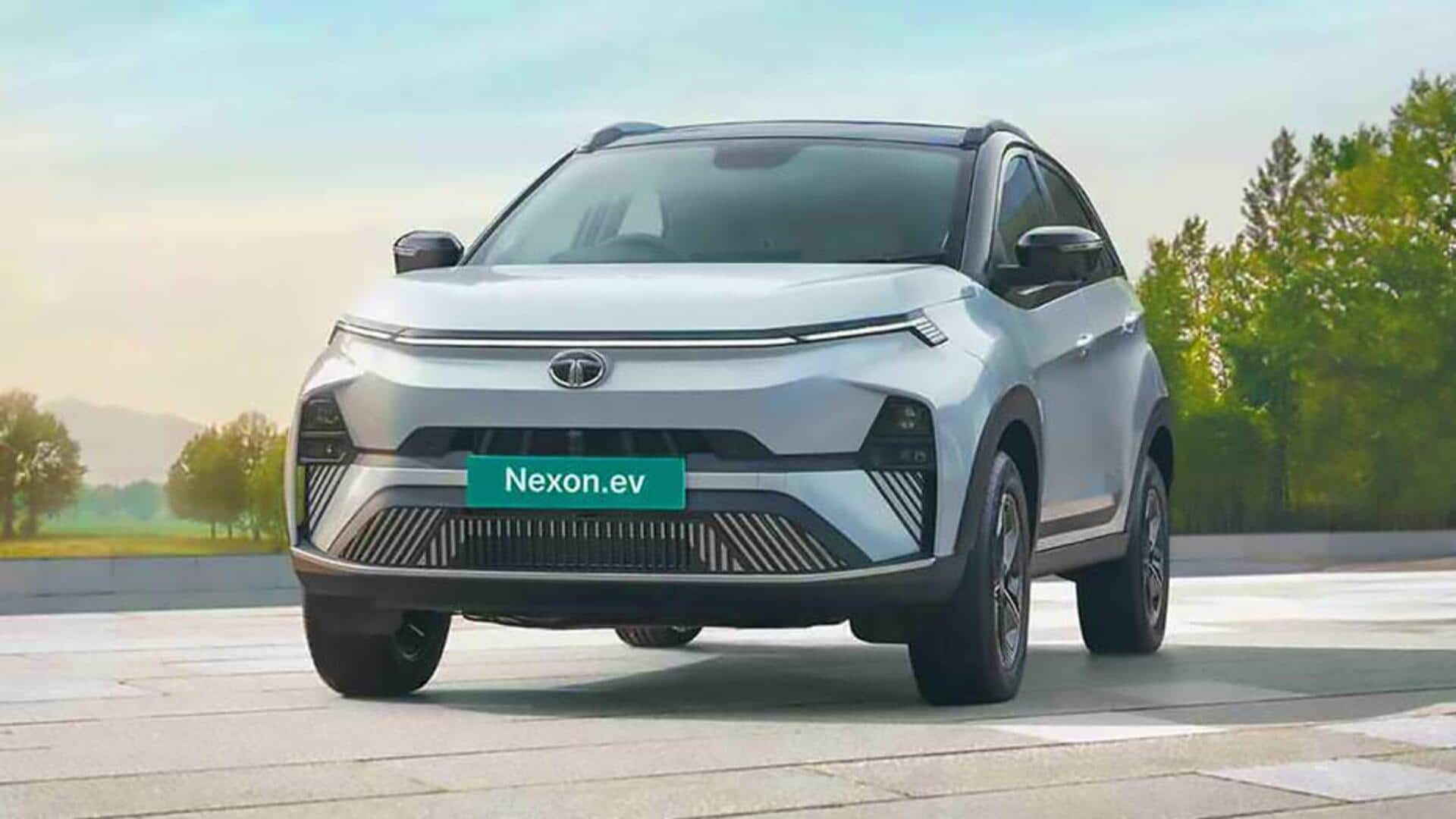
Electric vehicles are all set to become costlier in India
What's the story
The recent sharp depreciation of the Indian Rupee against the US Dollar is putting financial pressure on India's electric vehicle (EV) manufacturers.
The economic change has increased the cost of importing key components used in the manufacturing of EVs.
Consequently, the companies are mulling over the option of increasing prices to offset the additional cost.
Strategy
EV manufacturers monitor currency fluctuations
EV manufacturers in India are keeping a close watch on the INR-USD exchange rate, along with other major currencies.
This is part of their strategy to make pricing corrections that will offset the increased costs.
The main components imported for EV production are battery packs, traction motors, as well as onboard chargers.
Industry insight
Mahindra Group CFO comments on currency impact
Group Financial Officer of the Mahindra Group, Amarjyoti Barua, recently acknowledged the impact of currency depreciation on EV production costs during a quarterly results briefing.
He said, "In our electric vehicles, there is an import content that will become dearer as the exchange rate goes against the Indian rupee right now."
His statement highlights the challenges manufacturers face due to currency fluctuations.
Forecast
Experts predict medium-term price impact
Industry experts anticipate that currency fluctuations may have a medium-term price impact on India's EV industry.
Nikhil Dhaka, the Vice President of Primus Partners, said that while immediate component costs may not be greatly impacted due to import insurance and long-term contracts, this isn't a sustainable solution in the long run.
Risk assessment
EVs's vulnerability to currency depreciation
Dhaka further explained that the battery and BMS alone account for 50% of an EV's cost, which makes the industry much vulnerable to currency depreciation over time. A weaker INR increases the cost of procurement, which could impact the pricing.
Policy impact
Union Budget's role in mitigating import costs
The recent Union Budget has announced the exemption of customs duty on raw materials like lithium and cobalt, used to manufacture EV components.
This move is expected to boost domestic production in the long term.
Dhaka believes that as domestic EV battery manufacturing expands, costs will stabilize and dependency on volatile exchange rates will decrease.
Countermeasures
Industry leaders discuss strategies to counter cost escalation
Anshul Gupta, the Managing Director of OPG Mobility, stressed their company has an integrated in-house manufacturing ecosystem where they manufacture key EV components such as batteries, motors and controllers in India.
This guarantees cost stability and supply chain resilience while minimizing import dependency.
Yatin Gupte, Chairman and Managing Director of Wardwizard Innovations & Mobility Limited, said with increasing localization efforts and strategic diversification of supply chain, the industry is working toward mitigating the effect of such challenges.